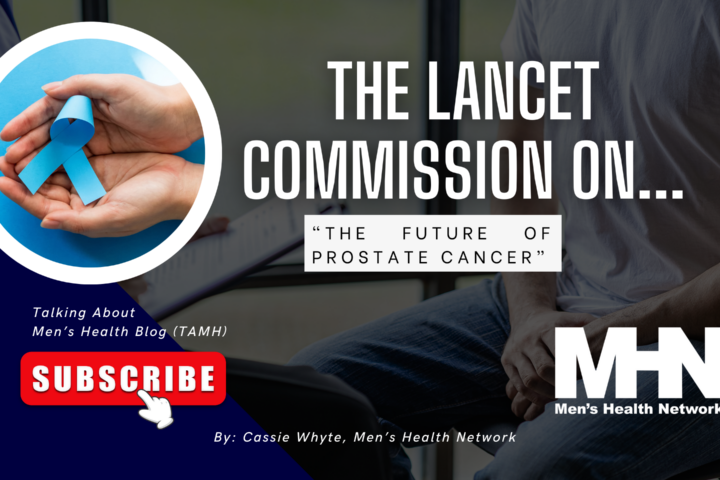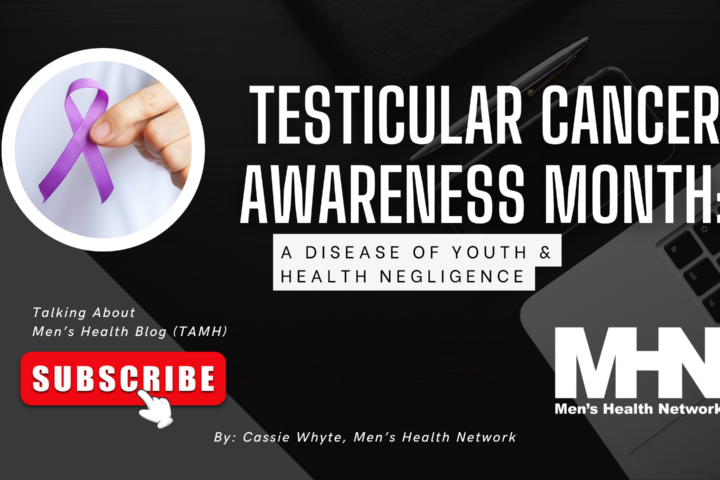It was in fifth grade when I first read a handful of James Thurber’s “The Secret Life of Walter Mitty.” My teacher, Mrs. Dalton, used Thurber as an example of descriptive writing, what she referred to as “Show, not tell” or SNT for short. I vividly remember writing a story similar to Thurber’s Walter Mitty, where I would drift back and forth from real life to daydreaming and back again – racing a car in my daydream, only to be scolded by the grocery store manager for barreling the shopping cart into an innocent pyramid of watermelons.
Now more than two decades later, I still chuckle at Thurber’s humorous tales; humbled by his seamless transitions between fantasy and reality. But on a deeper level, the life of Walter Mitty illustrates distinct social norms and narratives. Walter’s fantasies transport him into a life that’s far more exciting, full of adventure and intrigue, and completely different from his normal life. He’s the stoic commander of a helicopter flying into a snowstorm or the Air Force captain taking a few drinks of brandy before jumping behind the machine gun turret. He becomes his own hero; a figure of admiration by those around him. But the story beneath reveals a few underlying messages to males, in particular: take risks, be heroic and be brave. And those messages are absorbed, accepted and passed from generation to generation. These “rites of passage” have a profound effect on personality, lifestyle and behavior. Moreover, they may also explain the following:
Males are:
*less likely to have health insurance
*half as likely to visit a healthcare provider
*employed in the most dangerous of professions – fishing, mining, fire fighting, construction
*more likely to take risks at younger ages
As a result, males aren’t as healthy as their female counterparts. And for a group of this size, roughly 150 million, the impact on society is a staggering thought.
***********
I had a chance to catch up with Dr. Michael Rovito, assistant professor at UCF about his passion and interest in men’s health. Let’s check out his story.
Me: How did you end up doing the work that you’re currently doing? Describe your journey to your current role as assistant professor and researcher at UCF. Describe why you’re passionate about making men healthy…why others should care about the health disparities between genders.
Michael Rovito: I had an unorthodox path to practicing public health, actually. I obtained a BA in Geography and a MA in Urban Studies. I was a bit aimless with life goals and no real idea of what I wanted to do with my career. During my graduate studies, I had a class called ‘Medical Geography’. An epidemiologist taught the course and it opened my eyes to the idea of public health and what I can do, not just with my own career, but for other people. I don’t think we really reflect on how we can assist others with our profession and that was my ‘eureka’ moment with public health.
After I realized I wanted to get into public health, I reflected back on my life and the health behaviors I made when I was younger and I focused in on men’s health. The notion of life course perspective was brand new to me so I dove in head first, borderline psychoanalyzing my past habits and trying to predict my future health outcomes. I chuckle now at my naiveté at the whole process, but it’s what we all do when we discover a new toy or gadget, right? We kind of go overboard a bit. But, I am thankful for my rather intense puzzling of the past with present outcomes as I remembered a time when I was 16 and I discovered a lump on my testicles. I thought it was cancer. Being the mid-90’s, there wasn’t the internet that we know today. No WebMD. No Google. So, I just kept quiet and suffered silently. Eventually I broke down and told my parents. That anxiety is some serious stuff. Worrying about the possibility of having cancer at 16 with no information…it was pretty rough.
Eventually I saw a urologist and fortunately it was not cancer. I went through the cancer scare right around the time of my introduction to public health so I thought to myself that I needed to help other guys who were in the same situation as I was. I wanted to help them feel less confused, more comfortable, and empowered. So, after obtaining my PhD in Public Health from Temple University in Philadelphia, I decided to devote my professional life to, again, helping males get healthier in any way possible – from learning new information to practicing new preventive behaviors. Whatever it took, if I can help even in the slightest sense, I wanted to do that. It seems like a simplistic mantra to explain why I do what I do, but deep down, I think most of us who practice public health have similar ambitions.
Me: What inspires you on a daily basis, especially when things get hard?
MR: I guess I should say “who” inspires me now is my wife and my daughter, and my little Shiba Inu, Lola. What currently inspires me? Making sure they have the best life possible. Having this new family of mine has REALLY changed my perspective on life. I had always heard while growing up how kids and family life changes you, but I shrugged that off and rolled my eyes at it. I mean, how would I know just how much that would alter my view on life if I never had them? It’s understandable, I guess. But, now, I can’t let them down. That’s what drives me everyday.
But, before my family, my inspiration was to succeed where most of the people I grew up with didn’t. The odds of leaving the little Appalachian town in the hinterlands of Pennsylvania were certainly not in my favor growing up. There’s certainly nothing against not leaving, but I needed to leave. I wanted to leave. So, finding the means possible to leave, to grow, and mature in ways that weren’t readily available to me was my primary motivator. If anyone reading this ever grew up in small town America, they can relate. They can relate to the entirety of John Cougar Mellencamp’s discography serving as the official soundtrack to their lives. My inspiration then was to make a new soundtrack.
Me: Describe your research interests and/or current research projects.
MR: I have two primary research interests: testicular self-examination (TSE) promotion and intervention/instrument design within young adult and adolescent male populations. In terms of the TSE work, I am currently focused in on the health policy side of it all. I am embroiled in a push to directly challenge the USPSTF review of the TSE and its “usefulness”. In terms of the intervention and instrument design, I developed a series of tools and assessments that can be used in outreach programs that can capture great data on current outcomes and indicators of future outcomes.
Me: What made you decide to be involved in the men’s health movement and the American Public Health Association Men’s Health Caucus (MHC)?
MR: Advocacy is very important to me, as is disseminating my work to a broader body of my peers. MHC does that for me. APHA/MHC provides a pathway, not only to share my work, but also provides a means to collaborate. That’s very important. I can’t stand the thought of being a professor if I can’t profess to people. I can’t stand the thought of having a degree in public health and not actually getting my work into the public. So many of academics don’t actually practice what they preach, which frustrates and angers me. What’s the point? But, MHC is one way that I can get my ideas to others and perhaps implement them in the field.
Me: What are the current needs in central Florida (or focus in on the city you live in) as they relate to social determinants of health (i.e SES, poverty, access to care, transportation, safety, etc.)?
MR: Central Florida has the same needs as pretty much the rest of the country, but it’s just amplified due to the huge population growth and the diversity here, which makes it a bit different than some other areas of the US. But, overall, the needs are the same: we need to inform, we need to empower, we need to advocate.
This article originally appeared on FlipASwitch.
Photo credit: pexels




